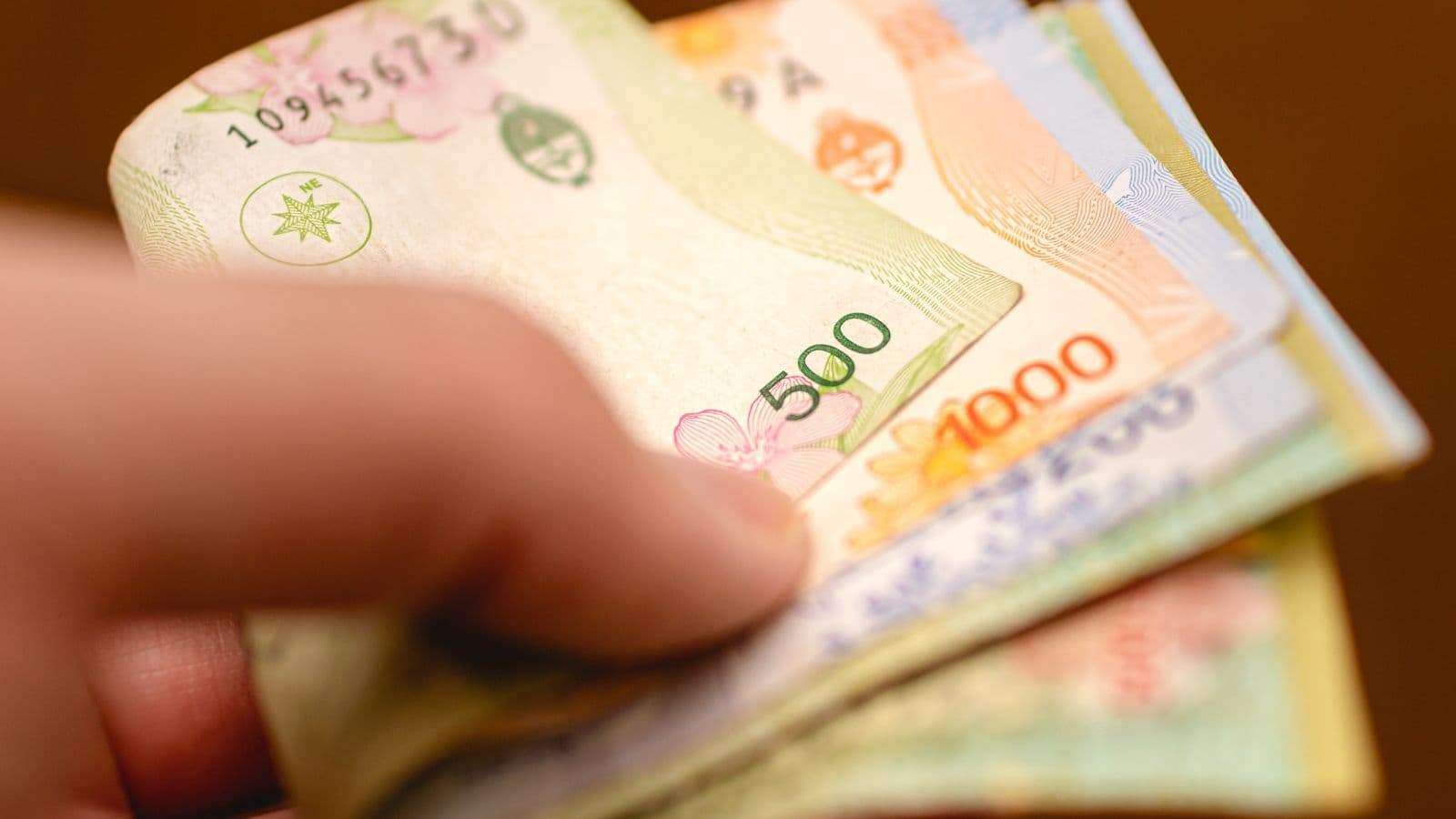A senior official in the administration of Argentine President Javier Milei asserted that a Chinese bank intentionally depressed the value of the peso on Monday, capitalizing on the limited liquidity present in the foreign-exchange market that day. “On Monday, during two hours with just US$30 million, a Chinese bank attempted to elevate the dollar’s price, resulting in the peso appreciating by 40 against the dollar on a notably small volume,” Finance Secretary Pablo Quirno stated in an interview. “That occurs due to market illiquidity,” he added.
On Monday, Argentina’s foreign exchange market experienced a decline in trading volume, a common occurrence during US holidays, leading to a 2.7 percent depreciation of the peso. The government announced Tuesday morning that the Treasury would commence interventions in the currency market to bolster its “liquidity and normal functioning,” following a decline in the country’s assets amid a series of political and economic challenges facing President Milei ahead of a crucial vote on Sunday. In Argentina, the banking landscape features two Chinese institutions: the Industrial and Commercial Bank of China, positioned eighth in the system with assets amounting to US$5.9 billion, and the Bank of China, which holds the 65th rank with assets totaling US$50.8 million, as per data from the Central Bank released in May 2025. A representative from ICBC’s press office in Buenos Aires communicated via WhatsApp that the company has been operating in Argentina for an extended period, adhering to regulations, and will persist in its support for the nation’s development.
The Bank of China has yet to provide a response to the inquiry for comment. Quirno noted that this is not the first instance of a bank deliberately taking actions against the peso. “We have encountered these operations since the inception of this administration. Last year, one of the banks exercised its puts with the intention of inflicting damage upon us,” he stated.

